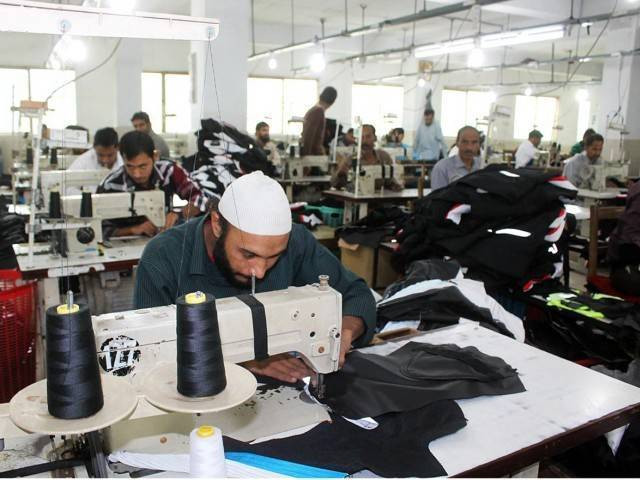FCCI asks small units to enhance production
SMEDA must create awareness, provide guidance and facilities

SMEDA must create awareness, provide guidance and facilities. PHOTO: ONLINE
Speaking at a training programme organised by the Small and Medium Enterprises Development Authority (Smeda) on import and export procedures and documentation, Hussain stressed that Smeda should play a pivotal role in that regard by creating awareness and providing guidance and facilities to potential exporters.
He said Faisalabad was an agro-industrial city and its growth was also linked with the development of SMEs, adding the city contributed $6 billion to the total textile exports of $13 billion.
“Pakistan was facing an acute energy problem, which not only created social and economic problems but also hurt exports,” he said.
Composite units somehow managed to install their own generators but small units with limited financial resources had been unable to maintain their minimum and economically viable productivity due to the energy shortage.
The FCCI acting chief, however, pointed out that due to their stringent efforts, the government had now started providing uninterrupted electricity to the major industrial sector.
He asked the SMEs to enhance their production and maximise exports since the energy crisis had come to an end.
“Of the 3.2 million SMEs working in Pakistan, 30% are manufacturing value-added products while their share in total exports is about 25%,” he said.
Similarly, their share in the national output is 30% and contribution to the workforce is 78%, he added.
Published in The Express Tribune, May 14th, 2016.
Like Business on Facebook, follow @TribuneBiz on Twitter to stay informed and join in the conversation.


















COMMENTS
Comments are moderated and generally will be posted if they are on-topic and not abusive.
For more information, please see our Comments FAQ